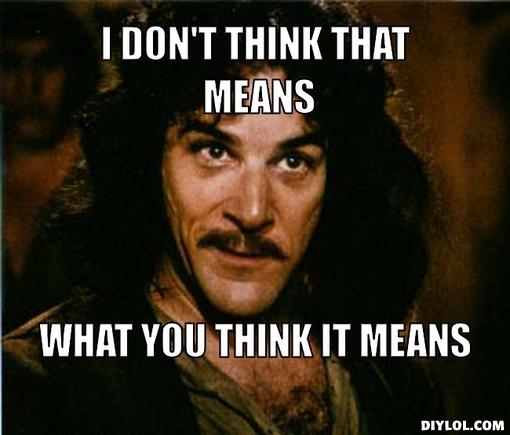Firstly, the strongest piece of evidence that they have provided not equal but in fact greater value than their income (which isn't extracted, as though the economy had a fixed pot of money to pay out and a dollar to steve meant a dollar from joe) is that they were paid thus for what they were selling. If I sell you an apple for a dollar, that indicates that you valued the apple in my store more than you valued the dollar in your pocket, and that therefore I have, in fact, provided greater than a dollars' worth of value for the dollar I have made.
Secondly, sure I can. Steve Jobs. Bill Gates. The people who invent, who innovate, who apply technology and knowledge in new ways in order to make entire organizations - entire industries more productive.
Your argument is because it is so, it is right. It is right exactly because it is so. No offense, but there isn't an awful lot of content in this statement.
But of course, I get your drift. You are repeating the mantra of the right, that insists on the concept of perfect markets, magically performing their tricks in accordance with the greater imperatives of the cosmos. Marketeers can be tricky, but not quite in that sense.
The world is far more complex than the comic book scenarios presented by the Tea Party, or similar groups. People often extract money from the economy, not because of some cosmically calculated formula, but simply because they can. That's why you can read about hedge fund managers getting paid billions, when a few years back, such would just be considered modest bankers, plying their craft and earning a middle class income. CEO salaries have rocketed up in recent years, and are now astronomical in comparison to the pre-greed, pre-conservative backlash era of a few decades ago. What did they provide for the economy for this extra fortune? Nothing, as far as any reputable economist is able to discern. In fact, some earned these windfalls while driving their companies into the ground. Here the cosmos did not intervene to tell those naughty lads to put back the money. It has been absent in all other cases of consequence also, sorry to report.
When you attempt to flog your apples, you may or may not be doing any favors, or contributing anything except to yourself. Maybe your apples are all there are to eat, and people are going to pay a dollar even though they were worth ten cents yesterday. Maybe you have tricked them into believing that your apples are the only thing on offer for the next twenty miles, and so are worth more than they "should" be. Maybe there are lots of apples around, but people haven't seen them, and if they did, they would have bought those. Maybe they did see them, but misread the signs. Maybe they have been misinformed that apples are essential for good health, after reading an exploitative book by another entrepreneur, and so pay more than they should for your apples. The concept that consumer choice is enough to drive a modern economy in just the right fashion is nonsense, except of course if there is an underlying reason to promote such a view. There is, and it is one that promotes the interests of the most affluent in society. I'm sure you can guess.
Bill Gates,if you read his biography, made his money not because no one on the planet knew as much about computers as he did, but because he did come up with a timely idea, around the same time several others did, but he beat them to the punch by having a relatively well connected and affluent family. If it wasn't him, it would have been someone else. Steve Jobs is dead, but surprise, Apple continues to come up with innovative ideas, and sells well. In fact, the world is awash in nerdy young fellows dreaming up all manner of new apps and new methods of improving the industry. Some provide this for free on the net, others make some money at it. A few get lucky.
The question remains. What value do those who are drawing an income of many millions, or billions, provide for society? If they were modest bankers or businessmen a few years ago, why is their compensation a thousand times more, for doing the same things? Where does earning power merge with legal embezzlement?

